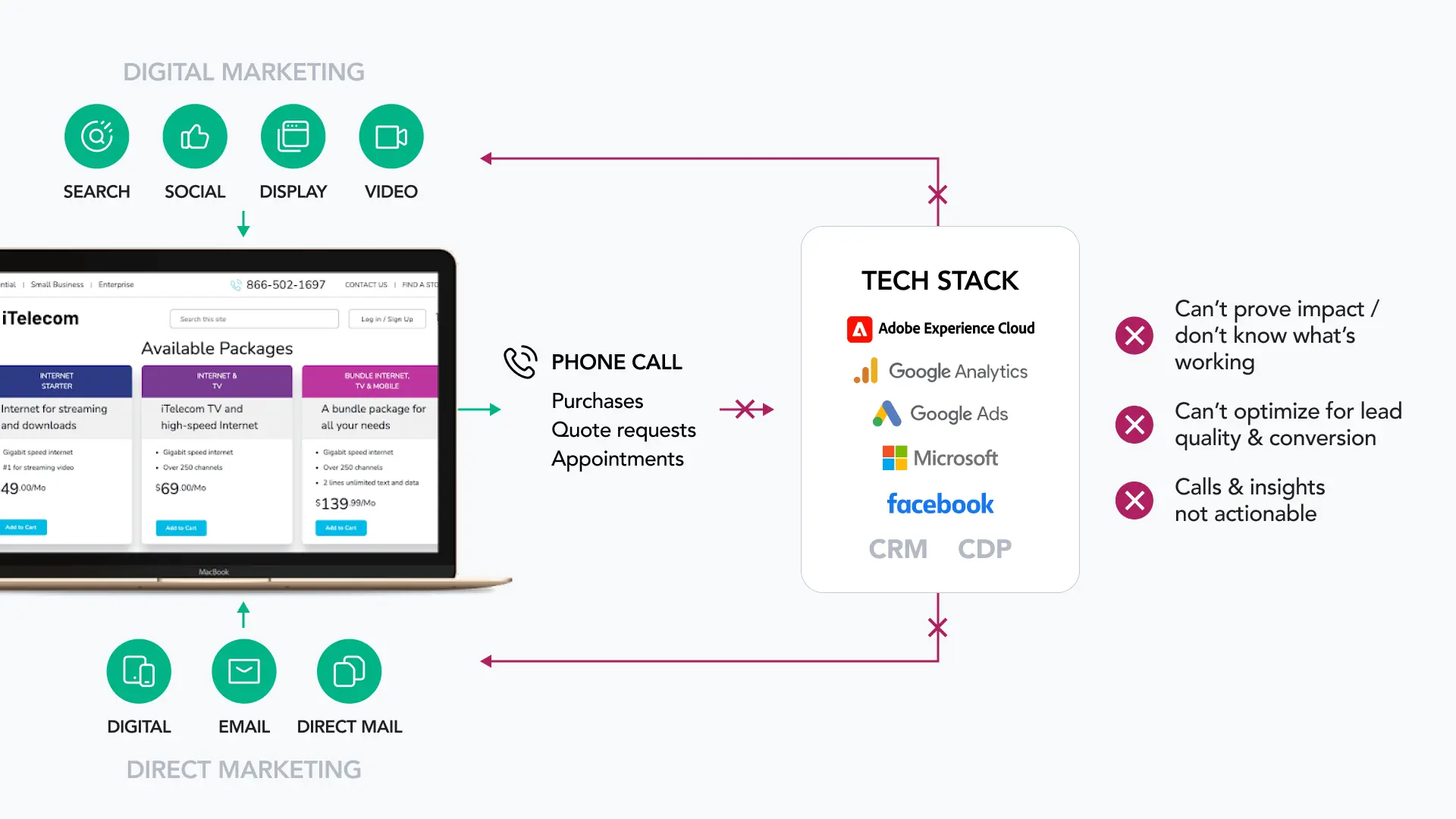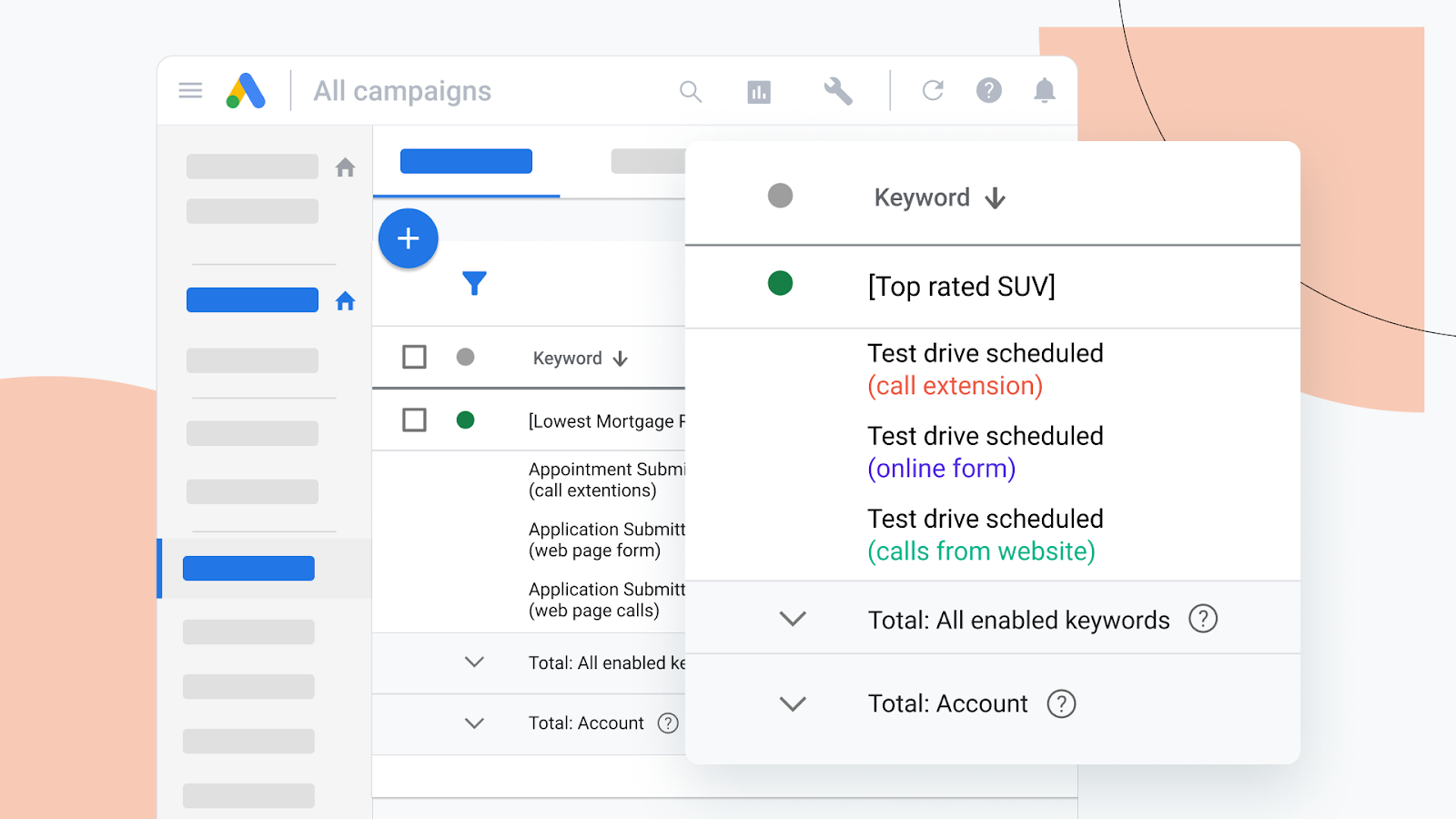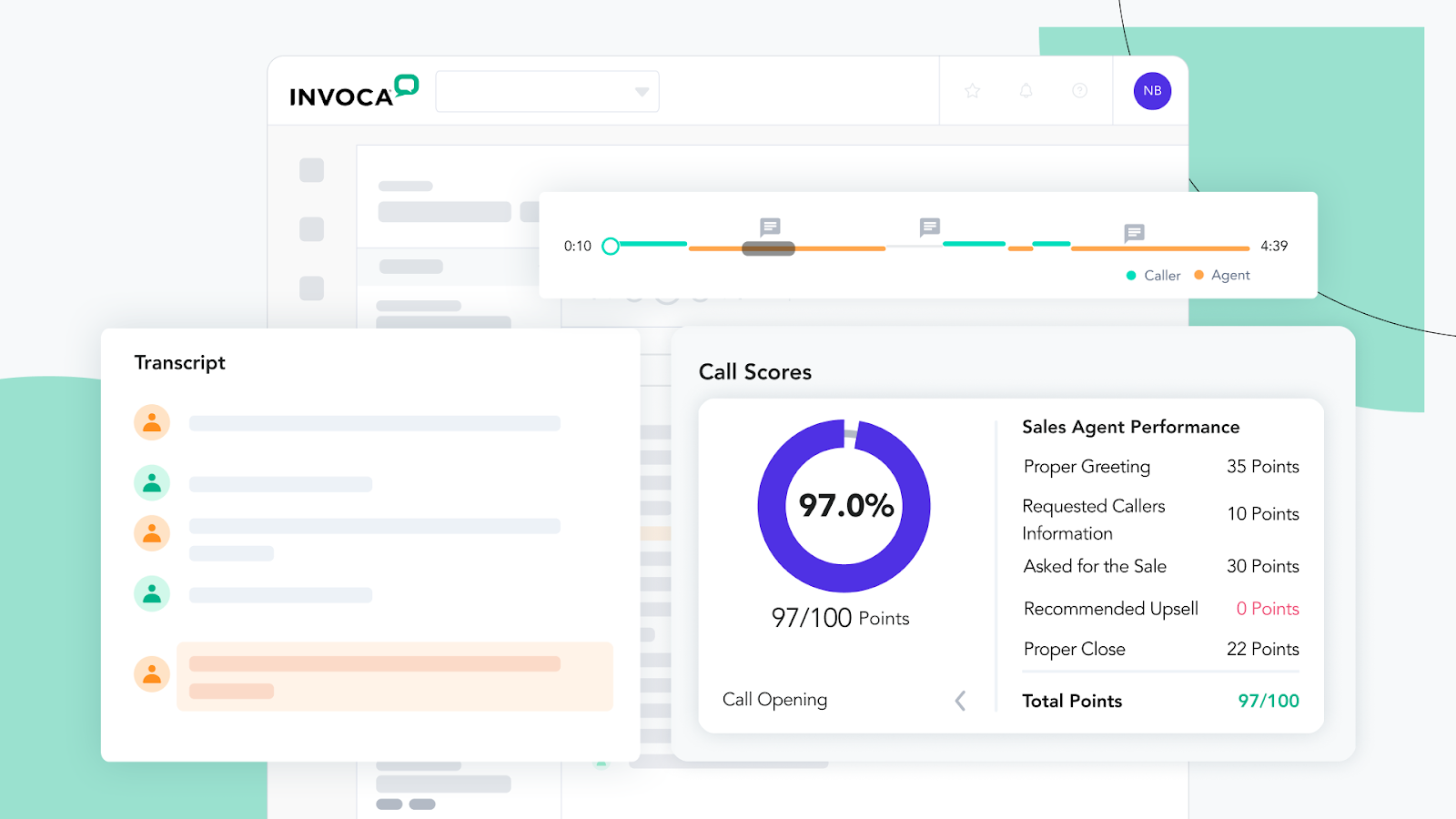- Request a demo
- United States

The shift from a “growth at all costs” to a “be profitable or die” mindset has CEOs, CFOs, and investors demanding that every investment is tied to revenue. This has revenue teams scrambling to make data-driven connections across marketing and sales to prove and grow revenue.
The whole concept of “revenue teams” stems from the idea that driving sustained revenue growth isn’t possible when performed in a silo. It requires tight coordination across the organization. But the stark reality is that most organizations have a complete disconnect between marketing and sales.
The result is wasted marketing spend, inefficient sales processes, and poor customer experiences. These disconnects conspire to kill profitability, increase acquisition costs, and send customers to the competition due to poor experiences.
This is where real-time revenue execution platforms can connect revenue teams with shared data to optimize the entire buying journey and drive more revenue. Here’s how it works.

In its The Real-Time Revenue Execution Platforms Landscape, Q1 2024 report, Forrester defines real-time revenue execution platforms as “Solutions that support company performance in a transactional revenue environment by optimizing marketing spend, pre-call preparation, in-call guidance, and post-call analysis.” In other words, real-time revenue execution platforms enable revenue teams to connect customer buying journey data across the marketing team that engages customers and the sales teams that close the deals.

By using a comprehensive revenue execution platform, revenue teams can finally connect their marketing investments directly to revenue, improve digital engagement, and drive higher-quality leads.
It also enables sales teams — whether they reside in the contact center or at distributed business locations — to access information from the customer’s digital journey to provide the best call experience possible and close more of the deals that marketing spends money on to send their way.
Today, revenue teams are often challenged by fragmented, multi-channel customer journeys. This becomes acute when customers research online and ultimately call to speak with a sales representative. Once the digital data trail ends, it becomes difficult for revenue leaders to connect sales to marketing spend to optimize for continued revenue growth.

According to the Forrester report, “As buyers engage across an omnichannel landscape, companies are losing track of which interaction investments are working. Without this visibility, they struggle to justify their investments, leading to cutbacks as businesses tighten their budgets.”
.jpg)
This results in reduced ROAS, ineffective sales processes, and poor customer experiences, all of which turn into lost revenue. Here are the challenges faced by revenue teams and how real-time revenue execution platforms like Invoca can solve them
Marketing and sales teams at B2C brands are frequently operationally and physically siloed. In high-stakes purchase industries like healthcare, automotive, telecommunications, and financial services, marketing drives many leads to convert on the phone as well as online. These customers are served by sales teams in contact centers and individual business locations.
It’s not likely that the contact center is in the same building—or even the same state—as the marketing team. They’re also often contracted services, which creates an even wider divide. When sales occur over the phone at local business locations, they likely do not have direct contact with corporate marketing. This is particularly true with franchised businesses.
A technological divide also occurs in these situations because the revenue teams in marketing and sales have no way to connect digital campaigns and related ad spend for conversions that ultimately happen on the phone. This also creates issues with accountability, as marketing has no way of telling if sales are properly converting leads and neither team has proper insight into lead quality.

Real-time revenue execution platforms like Invoca can cross both physical and technological divides by allowing revenue teams to collaborate around a shared data set. It enables marketing to directly connect offline phone conversions to the campaigns that drove them and sales to have clear insight into how well they’re converting leads. More importantly, both teams are now accountable for respective lead quality KPIs, conversion rates, and ultimately, revenue.
When marketing is unable to attribute conversions that happen on the phone to paid media spend, they also have no visibility into the revenue they drive. In many of the above industries, this can account for 50% or more of the revenue that marketing drives, so many under-attribute their revenue by millions of dollars.
When budgets are under scrutiny like they are today, this inability to connect marketing spending to revenue makes it difficult for revenue leaders to defend their marketing budgets.
Real-time revenue execution platforms enable marketers not only to get the needed attribution data to connect digital journeys to offline phone sales, but to precisely correlate the revenue of each sale to the campaign that drove it through data integrations with the contact center, CRMs, and ad platforms.
When you can’t account for all of the revenue your marketing drives, you also lack the data needed to optimize for the highest-value leads. This results in a high volume of low-value leads being sent to phone sales teams, causing massive inefficiencies. High-value customers don’t get the attention they deserve (and need to become loyal customers) and far too much money is spent servicing low-value customers who should have converted online.
Revenue execution platforms solve this by connecting marketing to conversions and revenue value on a 1:1 basis for each customer who calls. This enables marketers to put more money behind campaigns that drive the high-value leads to call and improve digital experiences to enable simple, low-value transactions to occur online at a lower cost. This improves the experience for all customers and makes the entire revenue team operate more efficiently.
Real-time revenue execution platforms provide the most significant returns on investment when they are utilized across marketing and phone sales teams. Here are Invoca’s takes on most of the extended use cases cited in Forrester’s Real-Time Revenue Execution Platforms Landscape:
Real-time revenue execution platforms provide attribution for marketing-driven calls to complete your data-driven marketing optimization strategy, reduce wasted spend, and drive more revenue from every ad dollar you spend.

By automating conversion data from customer conversations directly to ad platforms like Google Ads, you can accurately target high-value customers and the most effective campaigns, ads, and keywords to increase your conversion rates. It also enables revenue teams to suppress retargeting to customers who converted on the phone to focus efforts on the most effective campaigns and reduce wasted ad spend.
This provides the ability to identify insights about the incoming call that sellers can use to optimize the buying experience. Invoca PreSense, for example, provides contact center agents with information about the customer’s digital journey that preceded the call so they can tailor the conversation and reduce call handling time.

This removes administrative tasks from the sales agents to allow them to focus on higher-value activities. For example, real-time revenue execution platforms like Invoca can automatically send call outcome data e.g. what a customer purchased, purchase amount, etc. to a CRM. It can also use generative AI to automatically summarize calls so agents don’t have to perform this work themselves.
Real-time revenue execution platforms like Invoca use AI to automatically analyze calls to determine their outcomes—like whether a sale occurred or not—and send that data to other platforms to take automated action on it. For example, conversion data from phone calls can be sent to Google Ads to enable automated, real-time optimization of paid search bidding to optimize for high-revenue customers.

Real-time revenue execution platforms also automate call QA and scoring to enable more precise and effective sales agent coaching. Platforms like Invoca enable revenue teams to monitor how agents, teams, or locations are performing against core KPIs, track caller and agent sentiment, get alerts when call handling issues occur, and quickly dive into specific calls for review.

Put simply, you only get one chance to make a sale, and a bad buyer experience or an incomplete understanding of the digital journey can sabotage it. Invoca's revenue execution platform gives marketing, sales, and contact center agents the buyer journey insights they need to close more revenue.
Get The Real-Time Revenue Execution Platforms Landscape, Q1 2024 report here to learn more about the value you can expect from a real-time revenue execution platform.

